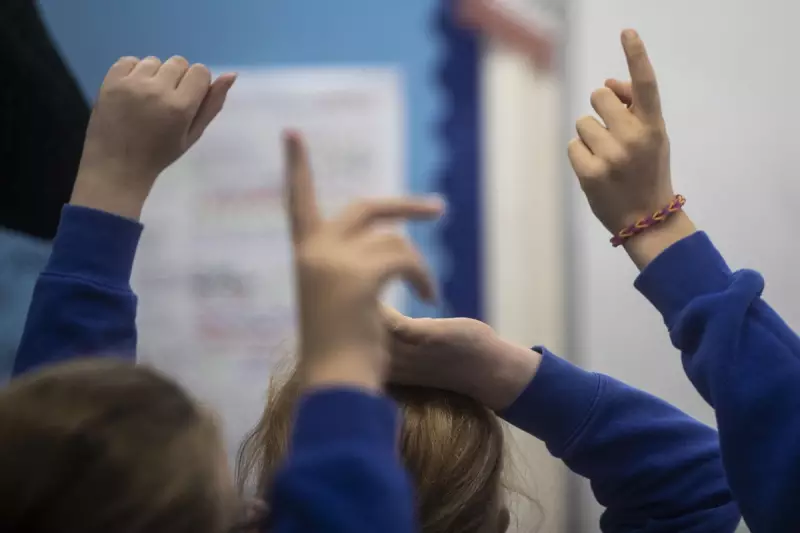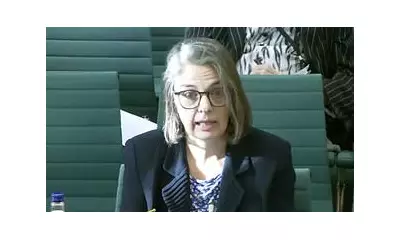
Startling new research from the Sutton Trust has exposed a widening chasm in educational support across Britain's schools, revealing that children from less affluent backgrounds are receiving significantly less assistance than their wealthier counterparts during crucial learning periods.
The comprehensive polling data paints a concerning picture of educational inequality, with schools serving disadvantaged communities reporting substantially reduced capacity to provide essential academic support. This comes at a time when students need additional help to recover from pandemic-related learning disruptions.
The Support Gap in Numbers
Findings indicate that schools in more deprived areas are struggling to offer the same level of educational reinforcement as those in wealthier localities. The disparity manifests in several critical areas:
- Reduced one-on-one tutoring availability
- Limited access to specialised learning resources
- Fewer extracurricular enrichment opportunities
- Inadequate mental health and wellbeing support
Expert Voices Raise Alarm
Education leaders and policy experts have expressed grave concerns about the long-term implications of these findings. The data suggests that existing achievement gaps threaten to become permanent divides without immediate intervention.
"We're witnessing the consolidation of educational disadvantage," warned one leading educationalist. "The system is failing to provide equal opportunities for children based on their postcode and family income."
Call for Government Action
The research has sparked urgent calls for targeted government intervention. Educational charities and teaching unions are demanding:
- Increased funding for schools in disadvantaged areas
- Strategic allocation of resources to address specific learning gaps
- Long-term support programmes rather than short-term fixes
- Proper investment in teacher training and classroom resources
As the educational divide continues to grow, stakeholders emphasise that addressing these disparities is not just an educational imperative but a crucial investment in the nation's future social and economic wellbeing.





